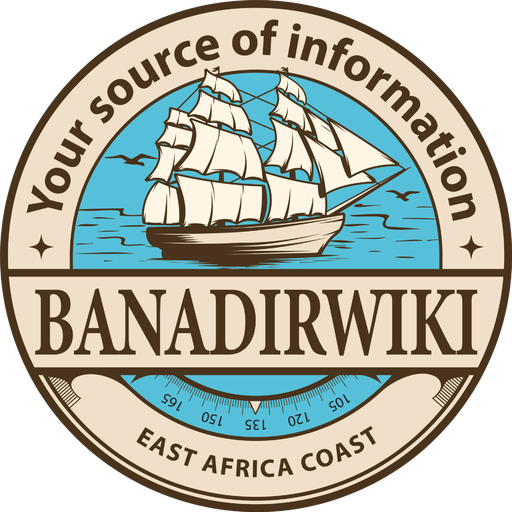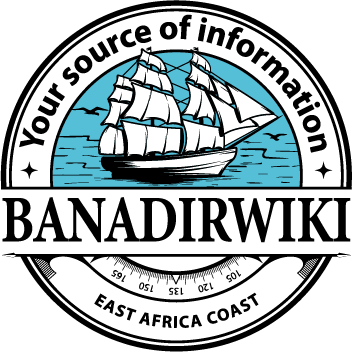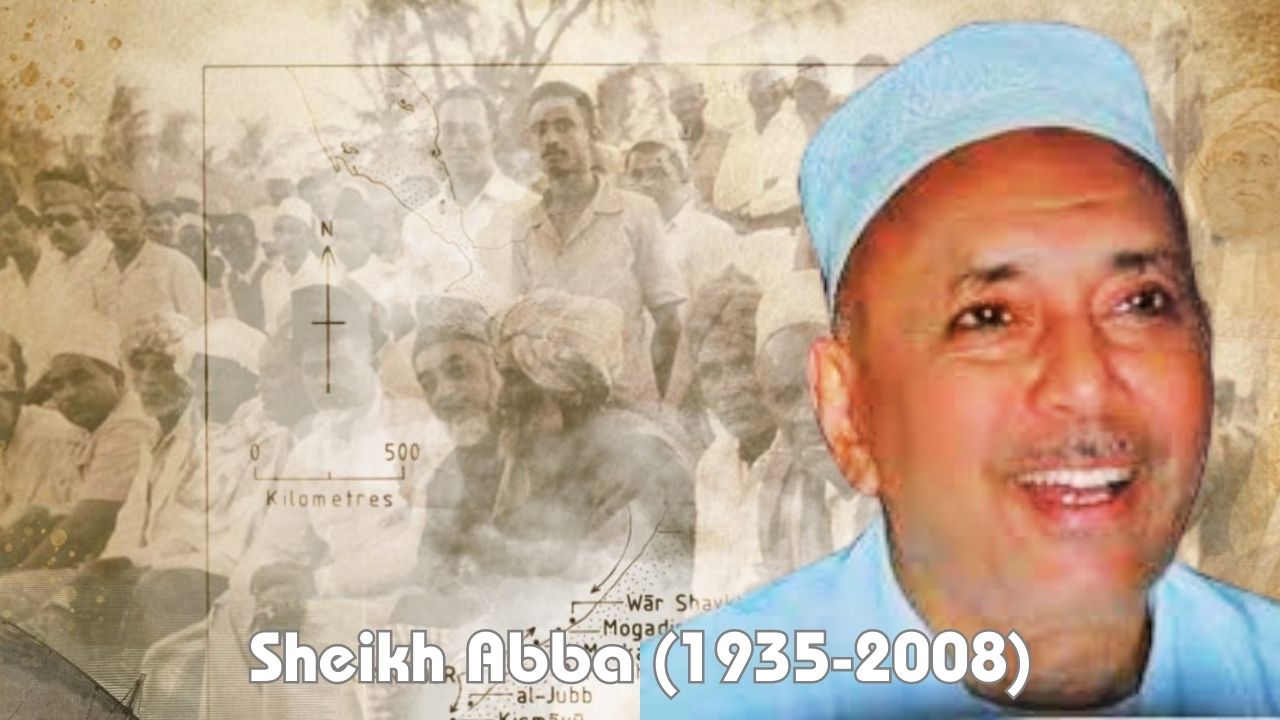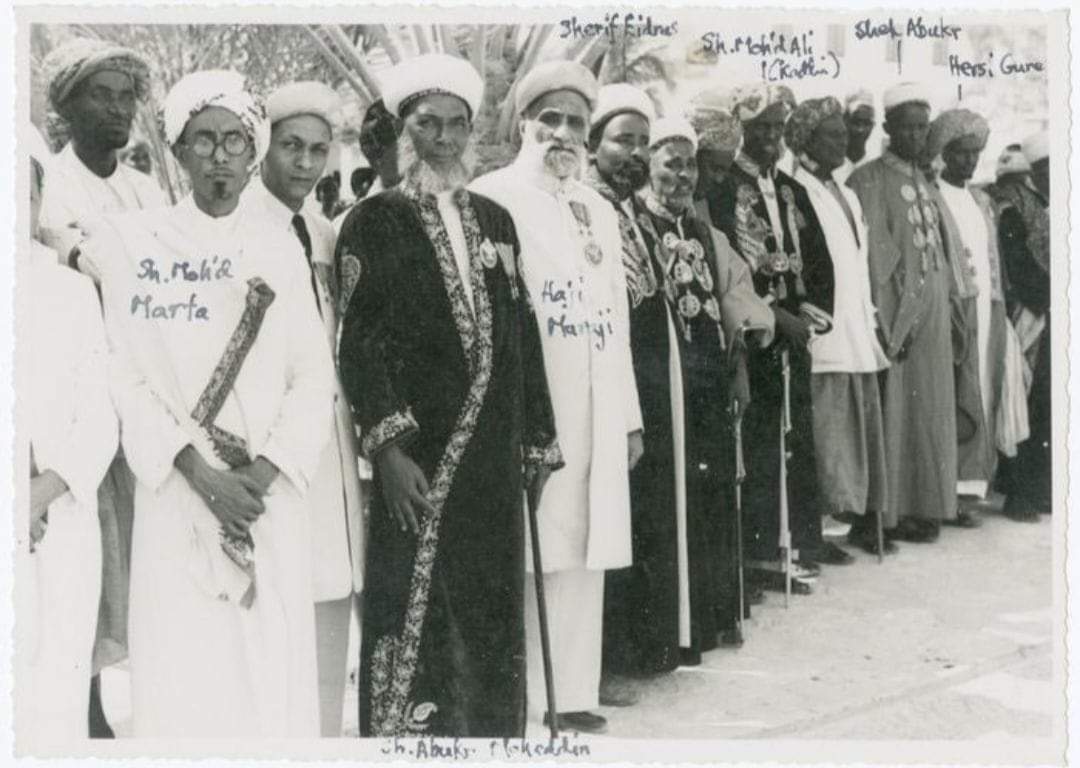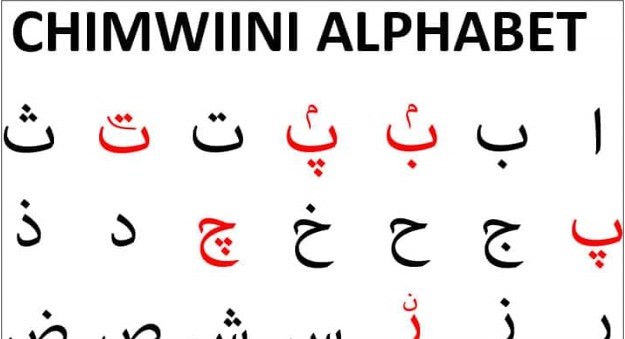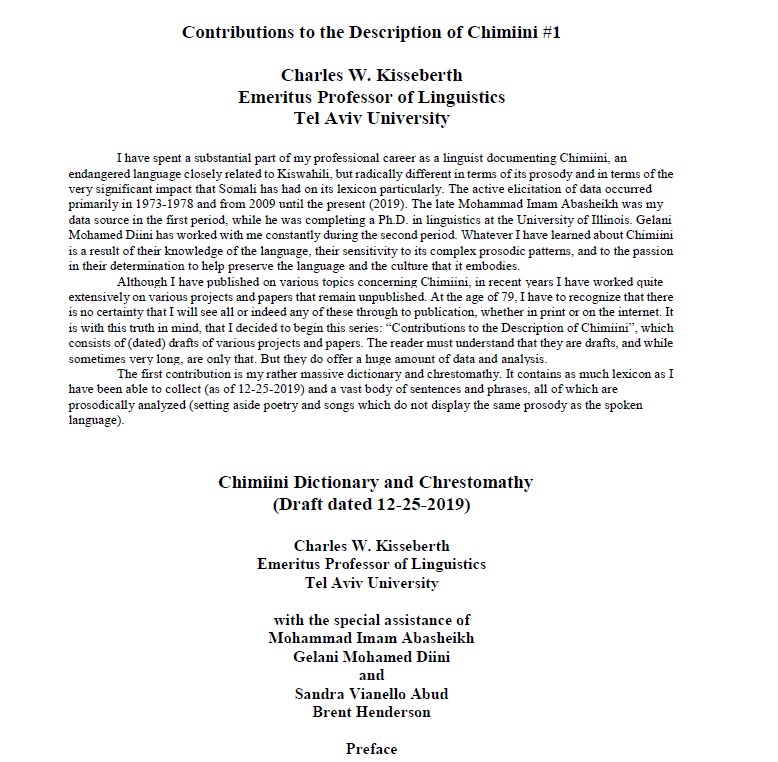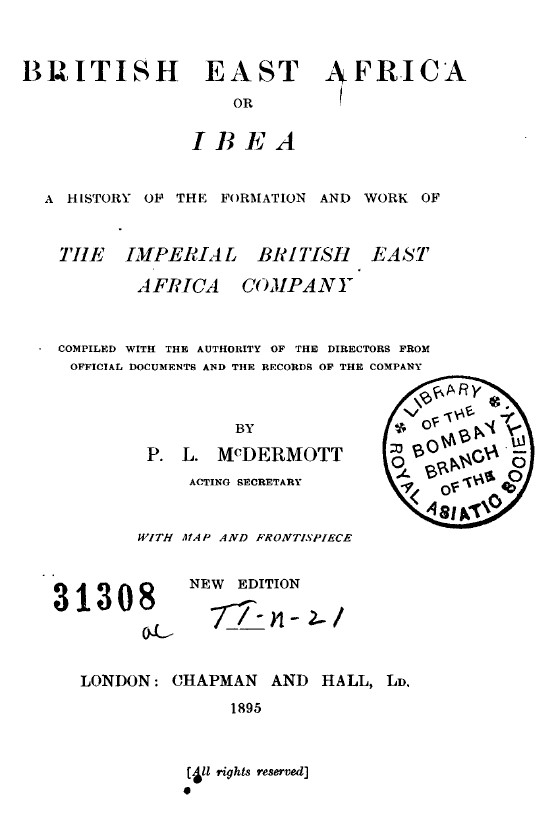“…a blessed boy will be born of the al-Shaashi who will come from the family of the father Amiin Imanka, and will be widely known in the Islamic countries..” – Quote by Abdurahman Sheikh Sufi al-Shaashi on the arrival of the birth of Sheikh Abba.
Sheikh Abba’s Childhood
Sheikh Muhammad ibn Ahmad Ibn Mahmud ibn Abdulrahman ibn Amin ibn Imanka popularly known as Sheikh Abba, was a leading member of the Mogadishu ‘ulama, a follower of the Qadiriyya tariqa and a foremost sheikh of Xamar Weyne.
Sheikh Abba was born from a reputable family and an educated class in religion, a member of the Shanshiya lineage of the Reer Hamar. He was born in the year 1935 (1355 AH), in Mogadishu. His fathers name is Sheikh Ahmad ibn Mahmud Ash Shaashi, and his mother was called Bi Fatma Bint Muhammad ibn Abdi Ash Shaashi.
His father Sheikh Ahmad died when Sheikh Abba was 5 years old, he was raised by his mother and grandfather Sheikh Mahmud. He accompanied his grandfather throughout his life. Sheikh Abba’s grandfather Sheikh Mahmoud played a major role in his early education and upbringing. After Abba’s father died, Sheikh Mahmoud took him under his wing and taught him a variety of subjects, including astrology, theology, medicine, history, and heredity. Sheikh Abba formerly named Mohamed was given the nickname “Abba” during his early years, which meant “the Father of everyone”. Originally intended as a term of endearment, the nickname stayed with him for the rest of his life.

Sheikh Abba was close to his grandfather, so close he would accompany and assist him in his work (traditional healer), An example of this is when scholar Sheikh Muhammad Faqhi Yusuf Ash Shaashi sent his children to the Grandfather of Sheikh Aba, Sheikh Mahmud ash-Shaashi to seek medicine for his son. One day one of the sons of Sheikh Muhammad who was suffering some insanity was brought to Sheikh Mahmoud to be treated, but the latter was ill at the time and recovering from a fall. When the sick man’s companions took him home again without having been treated, the patient’s father asked, “But wasn’t the grandson Abba there?‟, “Yes”, they said, “but he’s only a child”. The father told them to go back to the boy, and bring some of the water that he used for washing the earthenware dish, even if no verses of Qur’an were written there, for he has his grandfather’s gifts”. They did so, and the patient was cured. Later on his life, Sheikh Aba received the tragic death of his grandfather at a young age, who raised him.
Education
Sheikh Abba towards his teenage years went on and studied under a teacher named Mu’alim Yusuf ash Shaashi at the famous Banadiri Masjid, Masjid Awooto Eeday to proceed further in Islamic studies and Qur’an. He studied under him amongst other teachers.
Sheikh Aba did not travel abroad to study Islam, similar to his predecessor Sheikh Abdurrahman Sufi, who studied in Mogadishu and not abroad. He became a scholar within his vicinity, under the learned teachers and scholars who were present at that time, a particular scholar he studied under was Sheikh Abd’ Majeed ibn Sheikh Muhammad Ibn Sheikh Sufi, who was also known as Sheikh Attaa’. He studied Shari’ah, Sarf, Nahwu, Aqeedah, Hadith, Balagha, Tafseer, Fiqh, Tassawuf and others.
Scholars who Sheikh Abba Studied Under
Sheikh Aba’s studied under various scholars in Banadir, some of these were:
– Sheikh Umar of Reer Sheekhal Reer Aw Hasan – Studied Safina Najaa’
– Sheikh Muhammad Ibn Muhideen Ibn Mu’alim Mukaram – Studied Matn Abu Shaja and Minhaj
– Sheikh Abu Bakar ibn Muhideen ibn Mu’alim Mukaram – Studied al Irshad and Minhaj
– Sheikh Sharif Hussein Ibn Umar Askarey – Alfiya
– Sheikh Khalifa Farah Noor Al Ogaadeni – Saheeh al Bukhari, Saheeh Muslim, Sunan Tirmidhi, Sunan Nasa’i
– Sheikh Maani Qassim al Barawi – Kitab Usalam, Maqulat al Asharu
– Sheikh Ahmad Muhidin Ba Fadal – Under this scholar was where Sheikh Aba was given Ijaza of Tariqa Qadariya
– Al Alaama Sayyid Alwy ibn Ibbaas al Maaliki – although he did not directly study under Sayyid Alwy al Maliki, he received Ijaza from him and is available to view up until today.
Once qualified and ample of knowledge gained, Sheikh Abaa began teaching, giving Fatawa and Duroos at Masjid Awooto Eeday in the Ancient Banadiri Town of Hamarwein.
Books Sheikh Abba taught
The following books Sheikh Abba taught at Masjid Awooto Eeday are as follows:
– Tafseer of Jalalayn – He completed going through this book 4 times in his Duroos
– Ruh al Bayaan
– Riyadhu Saliheen
– Arba’in An Nawawi
– Sahih al Bukhari
– Majmu Zawa’id
– Al Jama’u Saqir – by Imam Suyooti
– Sharhu Ajroom –
– Matn Taqrib Abu Shija’
– Safinatu Naja and Safina Salat
– Irshad and Minhaj
– Tasheelu manafi’i fi tibbi wal hikam
– Asunoosiya jawhara tahweed wa aqeedatul awwam
– Burdah al hamziya – by Imam Bussiri
These are some of the many books that he taught in his masjid.
Students of Sheikh Abba
Some of the many students of Sheikh Abba are as follows:
– Sheikh Ahmad Ibn Uthman ibn Muhammad – Also known as Sheikh Ahmad Munir, the author of Kashfu Siri – Al mukhtaba fi tarjamatu Sheikh Abba
– Sheikh Muhammad ibn Tahir ibn Deere
– Sheikh Muridi Haji Sufi
– Sheikh Qassim ibn Maye ibn Uthmaan
– Sheikh Umar ibn Sheikh Faqi
– Sheikh Ahmad ibn Muhammad ibn Mahmud at Tibbi
– Sheikh Muhammad ibn Abdurrahman
– Sheekh Dheere ibn Sheikh Abba ali ibn Dheere
– Sheikh Uways Ibn Umar ibn Sheikh Abba Ali
– Sheikh Abubakar ibn Sheikh Ade
– Shekh Muhammad Abbas
His Life
Other than teaching Religion, Sheikh Aba would also mediate between family conflicts, make medicine, study history and collect records. People all over Somalia would visit him to study and benefit from him. Through his social influence, he became the grand elder not only for his tribe but for all Banadiri tribes in Hamar. He was also the main Imam of Masjid Awooto Eeday. He was highly respected from all tribes in Banadir and people would seek to him for information about their history and lineage. He would make ikhtilaf and mediate all affairs in the area between the people, and lived up to his name of being the father of all (al-abba). The popularity of his masjid was evident as it attracted large numbers of worshippers, so much so that it would be filled to capacity with people overflowing onto the surrounding alleyways. Everyday people would travel all over Somalia to meet Sheikh Abba, whether it was for medicine, seeking advice, seeking a fatwa, or just for his Dua. He would ensure to meet all his guests.
During the 1991 civil war, Sheikh Aba provided shelter and food to over 600 Banadir people who had fled the violence. Despite the dangers posed by war criminals and looters, his social influence and respect kept him safe. His actions demonstrated remarkable kindness and compassion towards those in need during a time of great turmoil. Sheikh Aba had many opportunities to flee the war as similar to his students and colleagues, but he took the decision to stay as he felt it will be beneficial for his people with him remaining in the country. And for this reason through him staying, he was able to continue his work, he would teach history and be a representative for his community and their political struggle. In a renowned interview with Al-Jazeera in Mogadishu, he presented the rich history of the city and shared his insights on the present state of affairs.
In the midst of the turmoil of his hometown, he managed to preserve important manuscripts that concerned the history of Banadir and religious books hand written by passed scholars. Sheikh Aba was known for his extensive collection of books, with his living relatives suggesting he kept as many as 15,000 books within his lifetime. However, it was confirmed that he had at least 3,250 books, focusing on Banadir history and Islamic knowledge. His passion for reading and collecting books made him a knowledgeable individual and a valuable resource for others seeking information. He was known for his love of books, and people would often entrust him with valuable books, confident that he would care for them as if they were his own. He cherished these gifts, taking special care to preserve their pages and bindings. His passion for literature was evident in the way he treated each volume with reverence, understanding the significance of the knowledge and insights contained within.
It is said Sheikh Abba limited certain books from being accessed by the laymen of society due sensitive information contained in these books that he felt could lead to strife, division and disputes among the Banadir people. Though these books are unknown today as they were most likely destroyed by war criminals in 1991 Civil War, it still demonstrated Sheikh Abba’s cautious approach to information dissemination in order to maintain unity and prevent conflicts within the Banadir community. The legacy of his extensive collection lives on, those who knew him recognised him as a true bibliophile, whose dedication to the written word was as inspiring as it was enduring.
Death of Sheikh Abba
Sheikh Aba, towards the end of his life was inflicted with illness, he travelled to Yemen to seek treatment, he stayed there for a while until he became better. But it was during a Ziyara where he was travelling to the city of Mukalla where he passed away. He passed away on the 15th of Sha’baan in 1429H, which corresponds to 2008 in the Gregorian calendar. His body was flown back to Somalia where he was buried in his birthplace Hamarweyn, Mogadishu, at the graveyard where his ancestor, Sheikh Abdulrahman Sufi was laid to rest.
May Allah have mercy on our Scholars.
Sources:
Al Ustaadh Hussein al Moddy
Manuscripts containing the biography of Sheikh Aba
‘Benadiri People of Somalia – with Particular Reference to the Reer Hamar of Mogadishu’ By Anita Sylvia Adam, pg. 287
Living Decendants of Sheikh Aba
